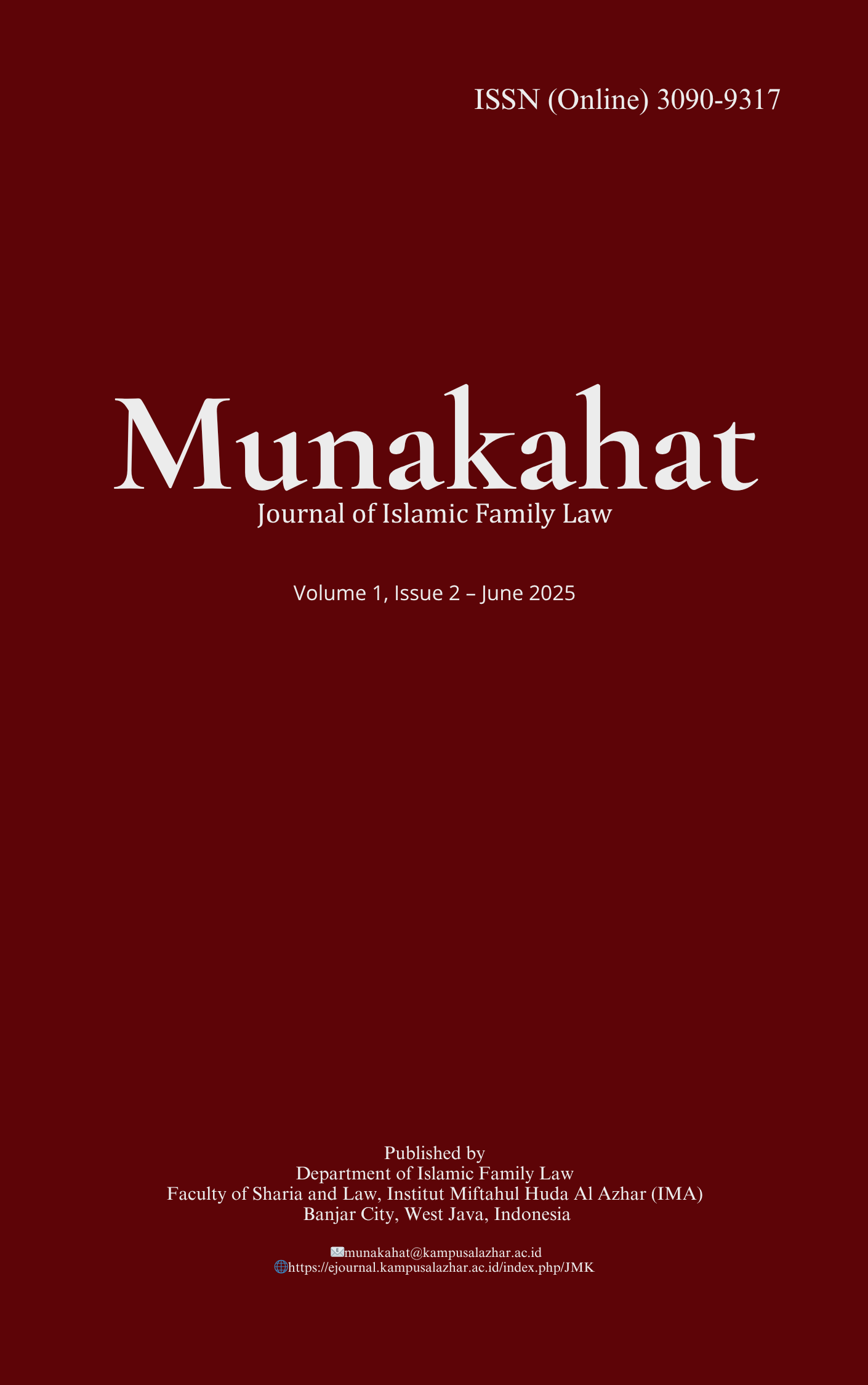Online Gambling, Dirty Money, and Family Breakdown: Islamic Legal Reflections on Promensisko 2025
Published 2025-06-27
Keywords
- online gambling, maqāṣid al-sharī‘ah, family law, cybercrime, legal politics.
How to Cite
Abstract
Background: The rise of online gambling in Indonesia has escalated the risk of money laundering (TPPU), threatening economic stability and the integrity of Muslim families. The national strategy Promensisko 2025 aims to combat this emerging cybercrime.
Methods: This study employs a normative-juridical approach combined with the maqāṣid al-sharī‘ah framework to analyze the impact of money laundering from online gambling on Islamic family law and social justice.
Results: Findings indicate significant gaps between existing national regulations and the protection of Islamic family values. The circulation of illicit funds undermines family welfare and increases legal vulnerabilities.
Discussion: The research highlights the need to integrate Islamic legal principles into anti-money laundering policies to strengthen family resilience and promote ethical compliance. Religious education and community awareness are critical complements to legal enforcement.
Conclusion: Synergizing national regulation with Islamic family law can enhance the effectiveness of combating money laundering and protect Muslim family institutions from financial and moral harm.
Novelty: This study uniquely connects contemporary cybercrime issues with Islamic legal politics, emphasizing the maqāṣid al-sharī‘ah’s role in shaping social justice responses to digital financial crimes.

